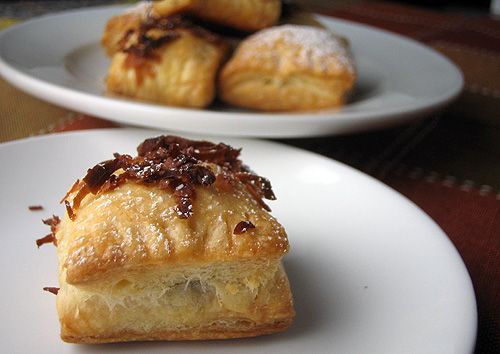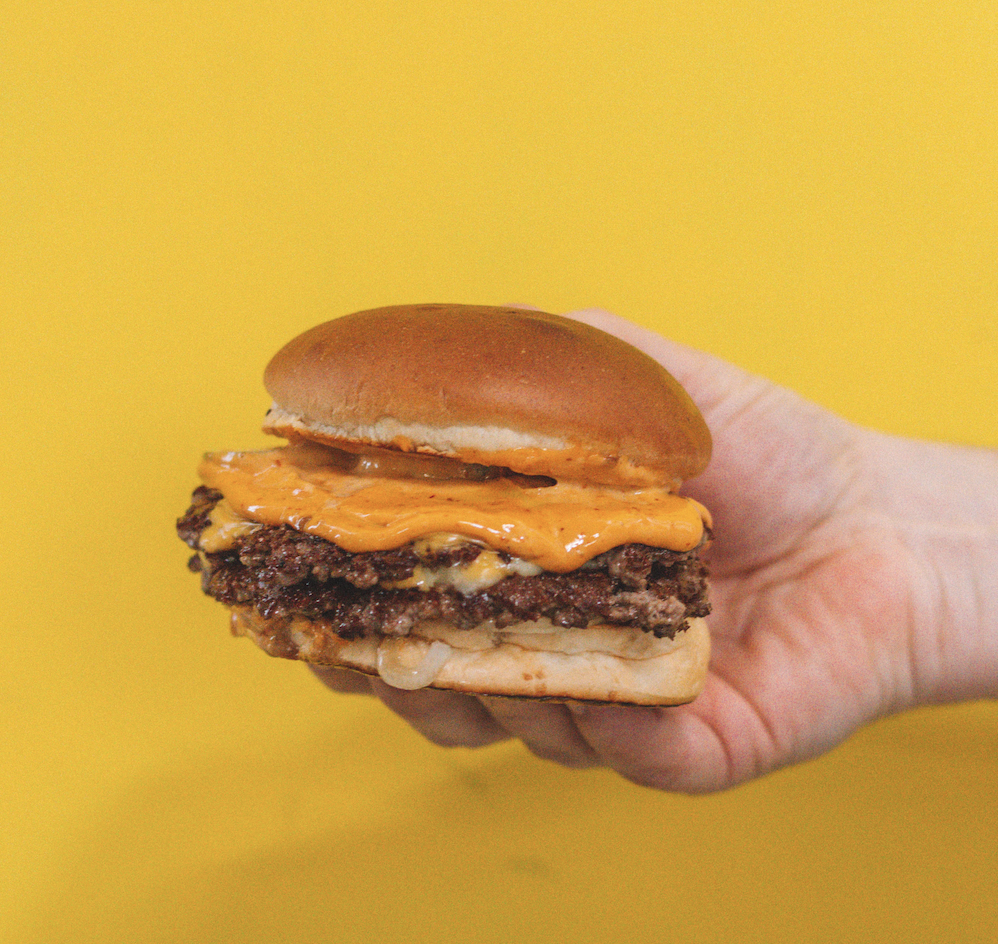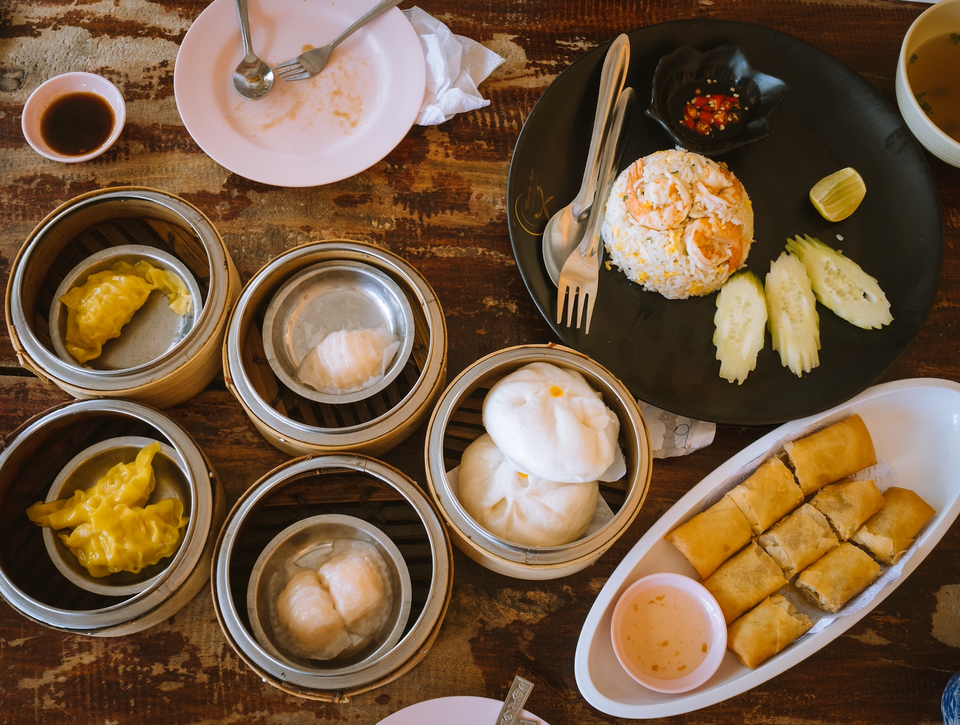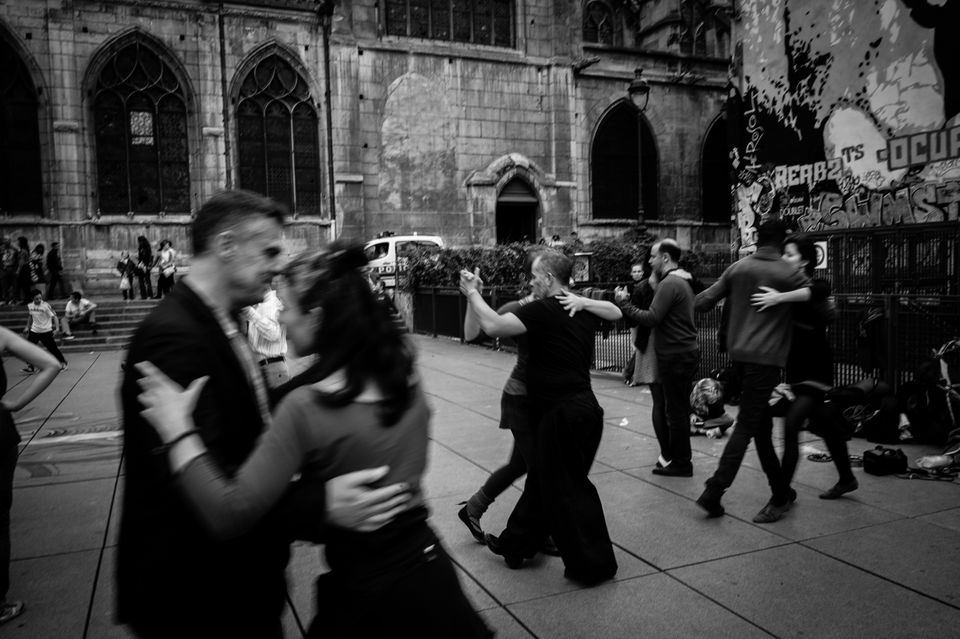As we prepare to launch a new site, we wanted to celebrate a few articles from The Curator’s archives. This article was first published at The Curator in August 2008.
So first of all, my contributions to The Curator will only be about dessert. And dessert is completely unnecessary.
And they’re all going to start with the word “so.” No particular reason. I just really like “so.” It reminds me of Raymond Chandler novels that start, “So I’m sitting in the stale air of my PI office, main-lining gin and joe when she walks in, legs as long as a national epic . . . ” Love it. Also, it lets me call them my “so-so stories,” which cracks me up in a self-abasing, self-aggrandizing sort of way.
Anyway, I really like dessert. I work as a pastry chef in New York City, so I should. One of the most exciting parts of the job is talking about it. At any cocktail party, it’s the easiest conversation piece, since everybody loves sweets except for Adolf Hitler and diabetics – and let’s face it, we all secretly disapprove of diabetics.
But there’s no way to get around this: in any cocktail party crowd, my job is also the most useless. It has zero point to it. It shouldn’t be tasteless, though it can be off-color depending the company. It’s not unimportant, exactly. But it’s not important either, in the way that irrigation engineering in the Third World is important, or even running a sock factory.
Really, it’s luxury. It’s fashion. It’s art.
And I don’t know about you, but I’m not prepared to say that any of those things are worth eleven hours of every day. For any professional pastry chef, half the job is in justifying your own existence. It takes a willful forgetting of the inequalities of the world, and the fact that some of us have never tasted a chocolate bar.
That’s why we tend to cultivate that rarified air of an artisan, rather than a craftsman. A savory chef, no matter how hoity-toity, can always claim lineage all the way back to the first fire roast. The savory chef is continuing the tradition of the hearth, enacting one of the three primal directives. But if food is instinct, then pastry is centuries of evolutionary largesse.
It’s the most basic argument to say we need food to live. Real food, like apples. We don’t need dessert. And there’s really no way to pretend we do. Sure, at the fancy places, their vol-au-vent is a far cry from the sustenance of a few fish and a few loaves-but you definitely don’t need Gianduja tarts with mango sumac custard to live.
Dessert is extraneous, extravagant, essentially inessential. It’s half again the price of an entrée. Your parents only let you have it once in a while. Most of the ingredients – vanilla beans, gourmet chocolate, lavender, butter – are expensive, and most of the processes – soufflé, flambé, brulée – are specialized.
Expensive is a key term here. If a restaurant can afford a full-time pastry chef, the place is doing pretty well. But when the clientele is down to nothing but a handful of regulars and the occasional walk-by tourist, like any luxury, pastry is the first thing to go. Everyone will blow sunshine about how airy your croissants are, but when it comes down to it, you can always change the menu to tiramisu or sorbet and have the sous chef scoop to order. It’s like having the gym teacher coaching the orchestra once the school board cuts the music program.
And here’s where my artist friends always threaten to stone me – that’s exactly how it should be. I mean, I want my kid to know how to play “Free Bird” on the clarinet as much as the next guy, but not at the expense of him walking around not knowing how to add. Art makes life worth living, fine, but math makes sure you don’t get hustled. It also makes sure you can be of use to the world (and not in the saccharine “art will save the world” kind of way, but in the “inoculation will stave off malaria” kind).
The fact about pastry is that you can’t afford to have someone like me twittering around the back kitchen, talking baby talk to my proofing yeasts, and giggling like a schoolgirl over candied fennel, unless you are seriously committed to wasting money. Because you can’t cut cost on pastry. It’ll show.
I know a guy who can take weeks old chicken, leftover mise en place vegetables, and bread scraps from under the tables and turn it into a banquet worthy of the Raj Royale. But no matter what you do to it, a Hershey bar will always taste like curdled milk, chemically burned and kneaded out of some sad shrunken udder.
You want to know why Thomas Keller‘s chocolate chip cookies taste better than yours? He pretty much uses the same recipe on the back of a Tollhouse bag. But he buys pure Vermont Farms butter, organic eggs brought from the farm that morning, unbleached flour, Madagascar vanilla beans, and, heaven help you, the chocolate chips are the Valrhona 66-percent dark pistols – those magnanimous ebony doubloons, with a sheen like a Diablo in the moonlight, a snap like a Testarossa popping into fifth gear, a melt like my pants sitting in an Enzo. It’s the vastly overpriced, utterly worth-it European sports car of cooking chocolate. I could staff my kitchen with a special education class of howler monkeys, huck a bag of Valrhona in the middle of them, and still serve a molten chocolate cake that some witless marketer would call, “choco-orgasmic!”
Pastry departments are like bloodletting. Ice-cream machines, the good kind, are the price of a car. Convection ovens can run as much as some homes. And those are the basics. Flash freezers, chocolate conks, compressors, those’ll cut you so deep you’ll be hemorrhaging cash before you even think of all the ingredients.
With the money it takes to open a full-scale pastry studio, you could adopt ten thousand manatees, or take the pope to orbit sub-space and buy the two seats next to him for putting his feet up. You could open a half dozen soup kitchens and serve porterhouse for the first year. And maybe I’m betraying my profession here, but you probably should.
The only snag in my approach here is that Alissa, my editor, says I have to present things that contribute to culture in a positive way or pose important questions. So here’s the exact opposite of everything I just said:
So pastry is a trifle trifle, fine. But for me, pastry is that second of forgetting. It’s the short counterpoint to the rest of an all-in-all pretty awful day. It’s the unapologetic wasteful misuse of all your resources, a slap in the face of the daily grind. It represents all the bucked-up, jaw-out, defiant yop of someone spitting into the winds of fate. It’s that shatter your plate, yell “Oppah!,” and laugh at the brazen opulence of a life as blessed as ours. That we can eat cake. That we can be luxurious, if even for a second, if even with a Twinkie.
We’re pretty over-privileged, you and me. We not only eat cake, but we lounge around talking about it. You read about it, and I get paid to make them all day. That’s got to amount to something. No matter all the rest of it going wrong, whatever bones we have to pick with God, it has to mean something that we can afford the indulgences.
I don’t think you should do it everyday. Or even every week necessarily. Because like all art, for me at least, dessert is a guilty pleasure. But every once in a while, a piece of expertly tempered 70-percent dark seeping between your molars is as good as anything therapy’s ever done.
But I’m being serious when I say there are a billion more important things. It’s just that I figure I can’t write on those subjects.
And at the same time, this is a pretty good existence, when you think of the alternatives, and it should be enjoyed, damn it.




